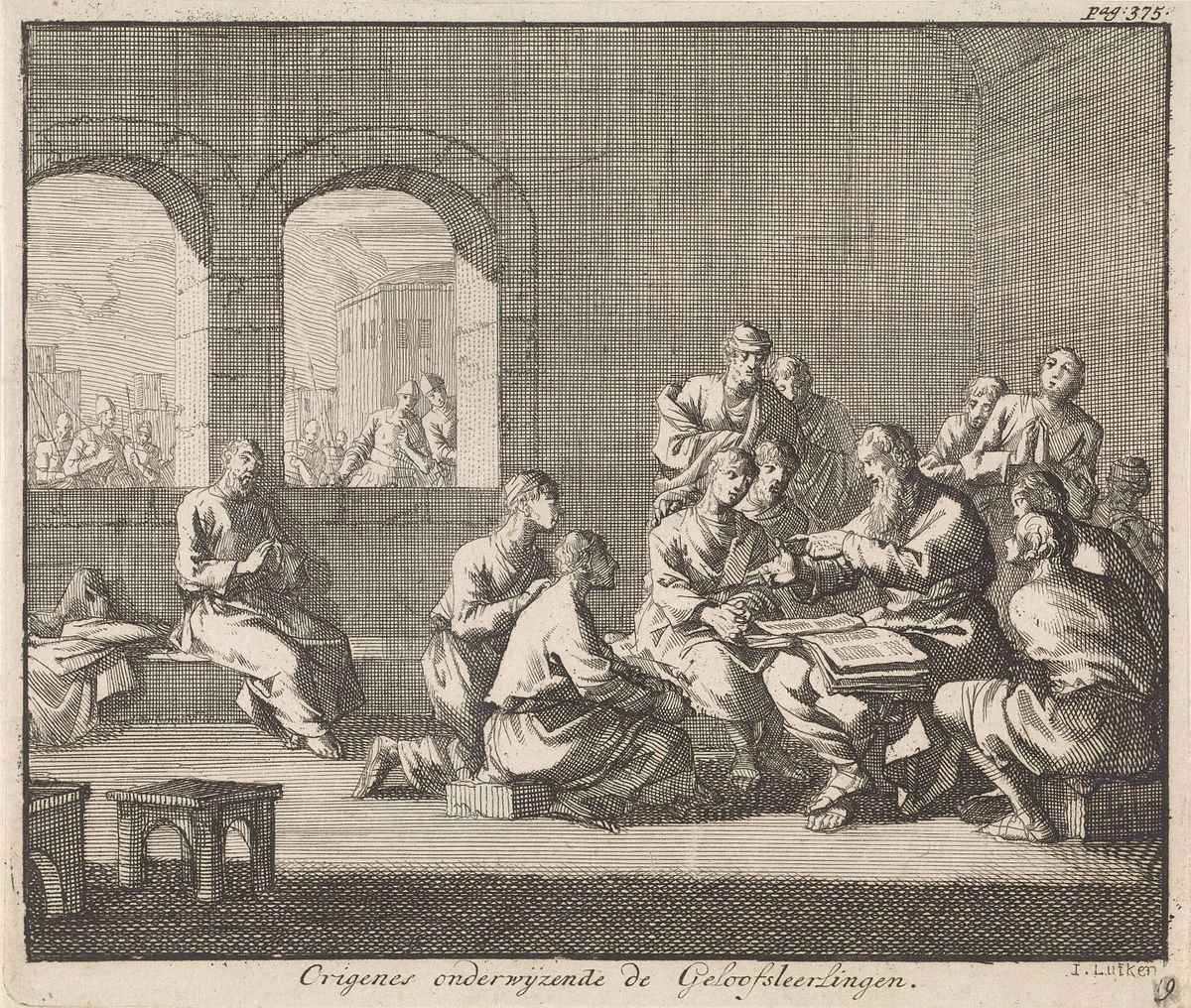
Hexapla
Alexandria, EgyptHexapla (Ancient Greek: Ἑξαπλᾶ, "sixfold") is the term for a critical edition of the Hebrew Bible in six versions, four of them translated into Greek, preserved only in fragments. It was an immense and complex word-for-word comparison of the original Hebrew Scriptures with the Greek Septuagint translation and with other Greek translations. The term especially and generally applies to the edition of the Old Testament compiled by the theologian and scholar Origen, sometime before 240.
The purpose of compiling the Hexapla is disputed. Most likely, the book was intended for the Christian-rabbinic polemic regarding the corruption of the text of Scripture. The codex included the Hebrew text, its vowels in Greek transcription and at least four parallel Greek translations, including the Septuagint; in this respect, it is a prototype of the later polyglot. A number of sources say that for the Psalter there were two or three versions of the translation, as for some prophetic books. At the end of his life, Origen created an abbreviated version of his work - the Tetrapla, which included only four Greek translations (hence the name).
Ask Herodotus
HistoryMaps Shop

Heroes of the American Revolution Painting
Explore the rich history of the American Revolution through this captivating painting of the Continental Army. Perfect for history enthusiasts and art collectors, this piece brings to life the bravery and struggles of early American soldiers.








